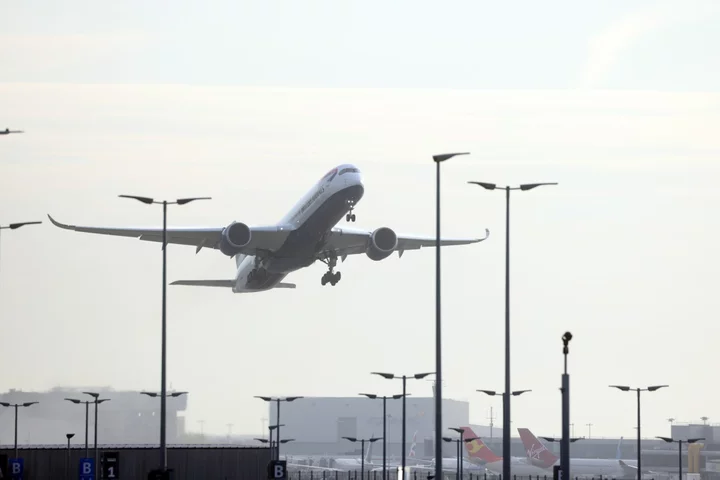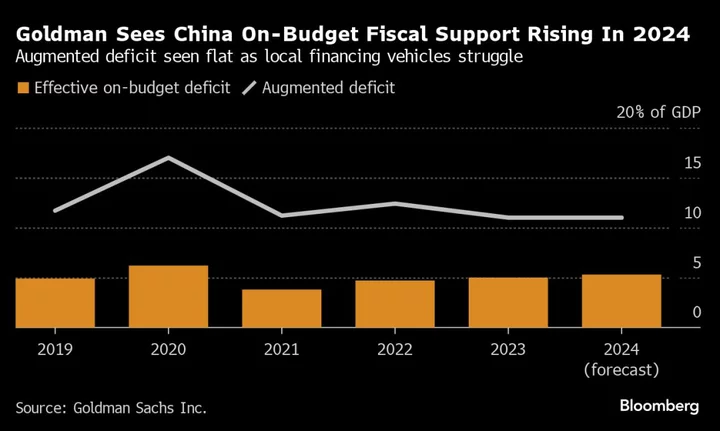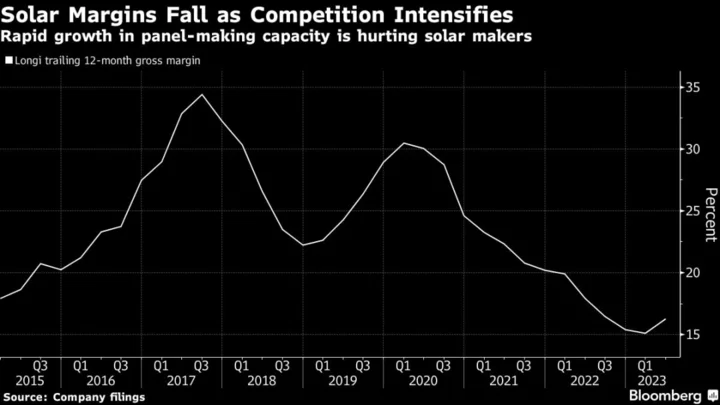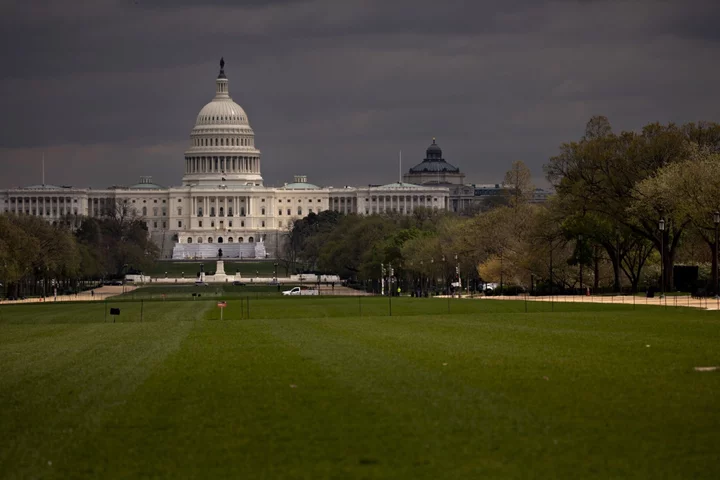Oil held a decline after the OPEC+ alliance was forced to delay a critical meeting amid a dispute over output quotas, casting a pall of uncertainty over the group’s production policy for next year.
US benchmark West Texas Intermediate traded near $76 a barrel, about 1% lower than Wednesday’s close before the Thanksgiving break. Brent ended near $81 a barrel on Thursday after losing 0.7%.
Saudi Arabia, the de facto leader of the Organization of Petroleum Exporting Countries, and its allies are embroiled in a dispute over output quotas for African members. The meeting initially planned for this weekend has been pushed back to Nov. 30, and it’ll be an online session instead of in-person.
Crude is on course to post a monthly loss in November after sinking by more than 10% in October. The market’s weakness has been driven by signs of increased supplies from non-OPEC+ countries, rising stockpiles, and the fading of the war premium initially generated by the Israel-Hamas conflict.
Before the delay, traders had thought Saudi Arabia was gearing up to announce an extension of its unilateral 1 million barrel-a-day cutback. There were also some predictions that Riyadh could even steer other members into joining them with additional curbs, but the spat has put that outcome in doubt.
“Investors are assessing whether a deal could still be possible,” ANZ Group Holdings Ltd. analyst Jack Chambers said in a note. “Beyond this event, fundamental developments have been bearish, with rising US oil inventories.”
Terminal users can click here for more on the Israel-Hamas War.
To get Bloomberg’s Energy Daily newsletter into your inbox, click here.
Author: Jake Lloyd-Smith









